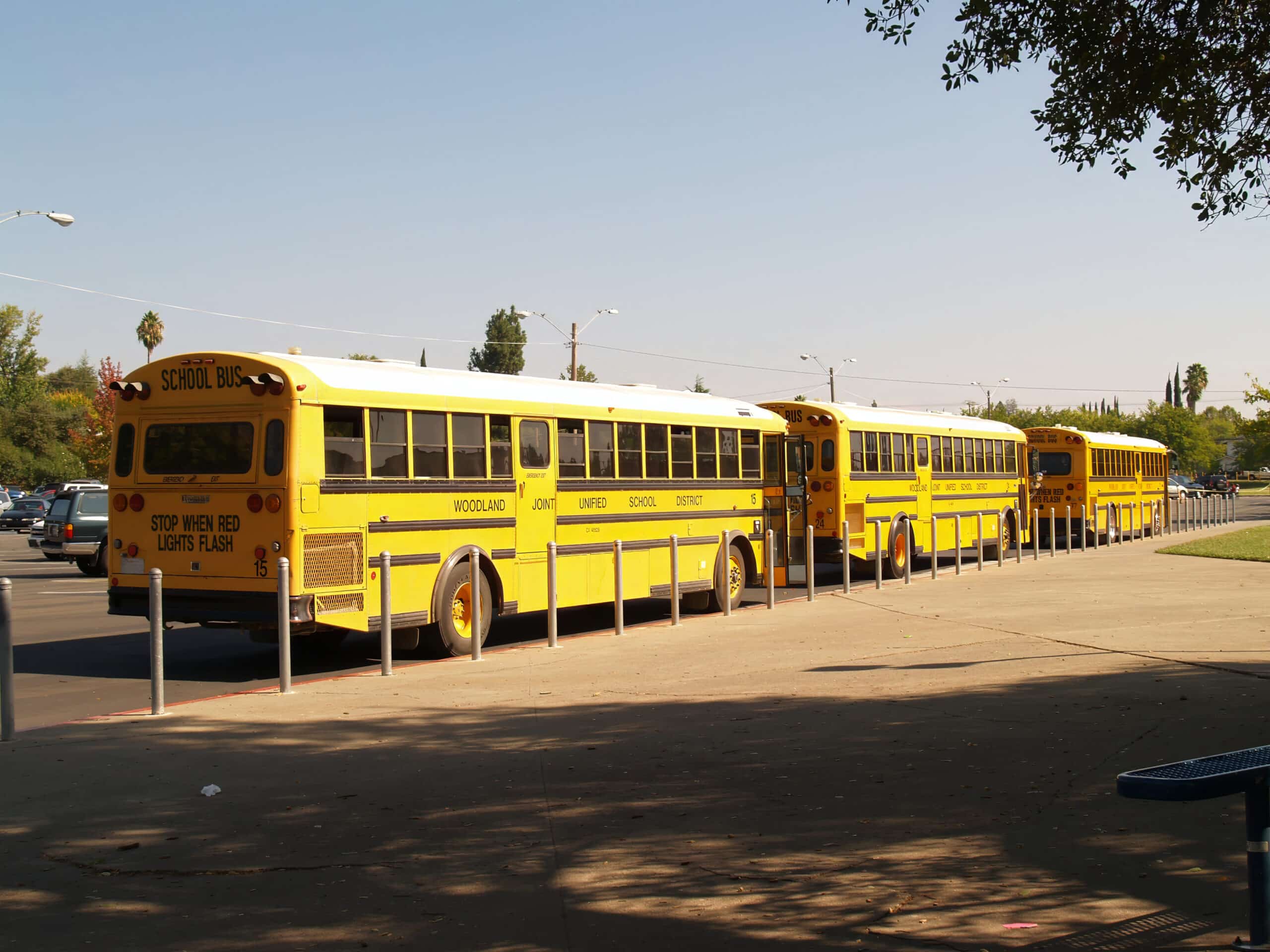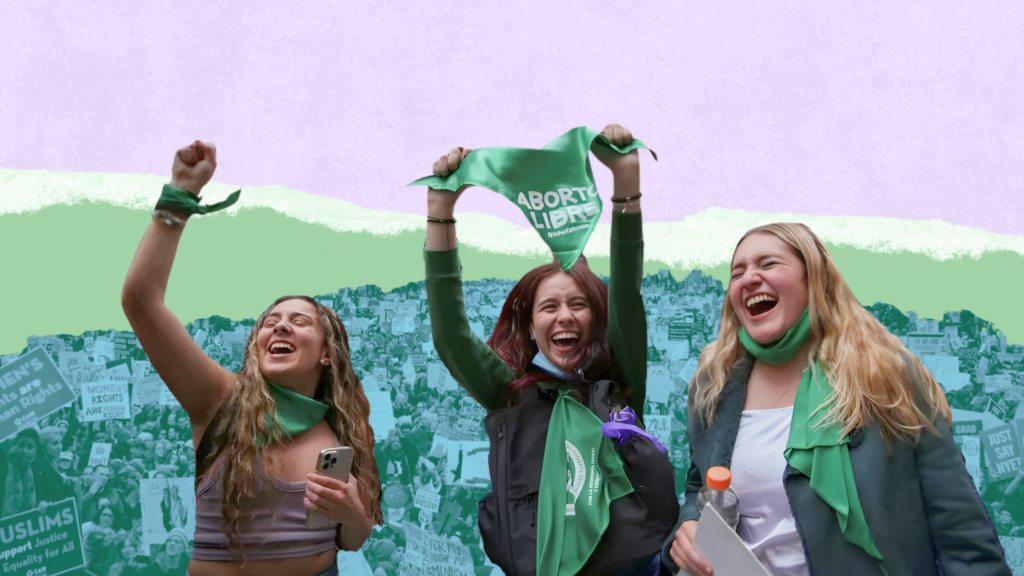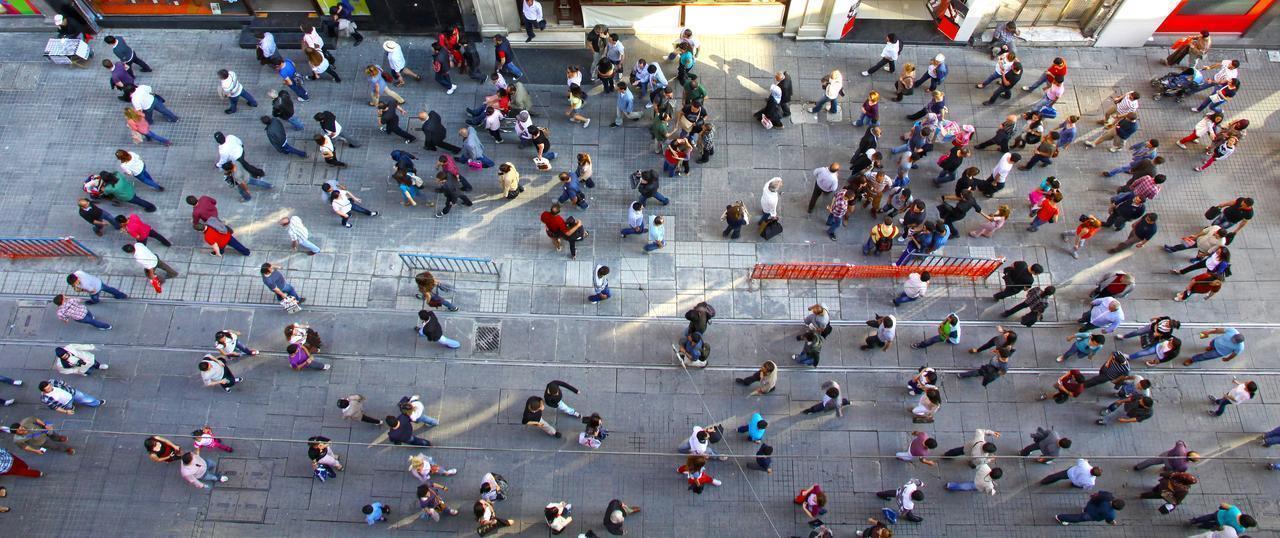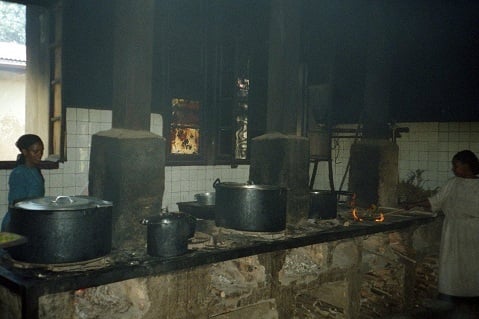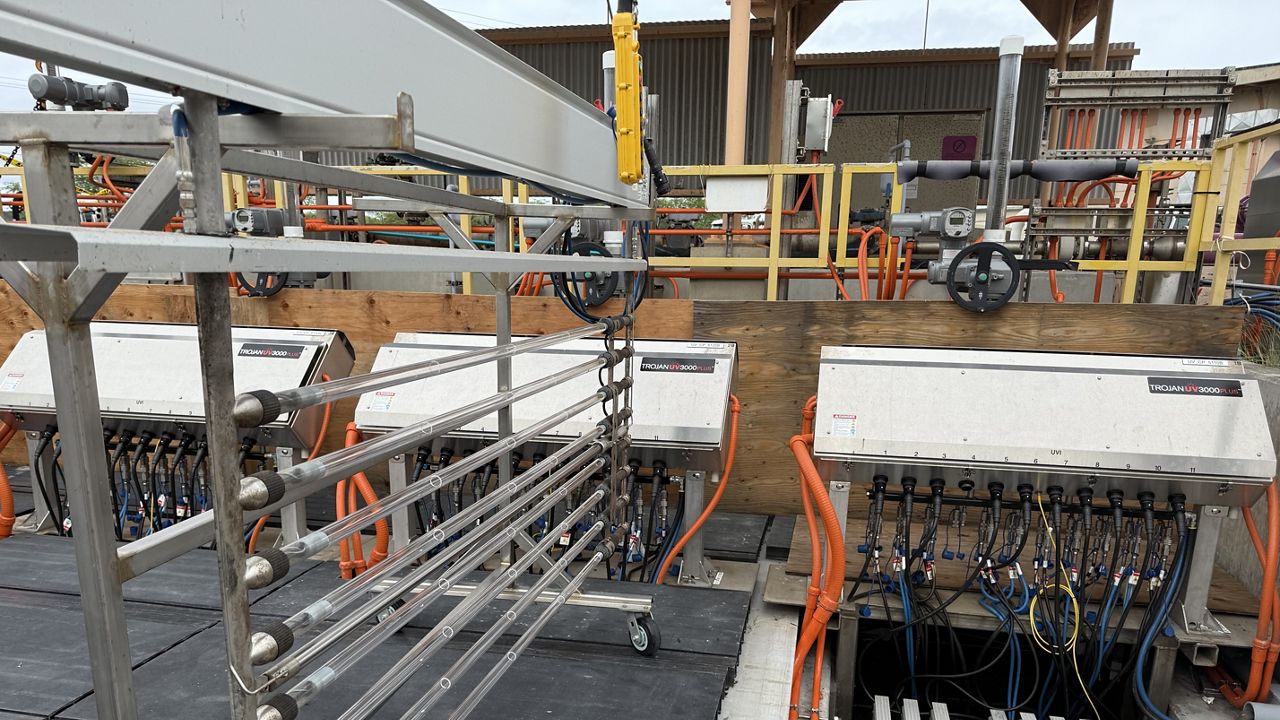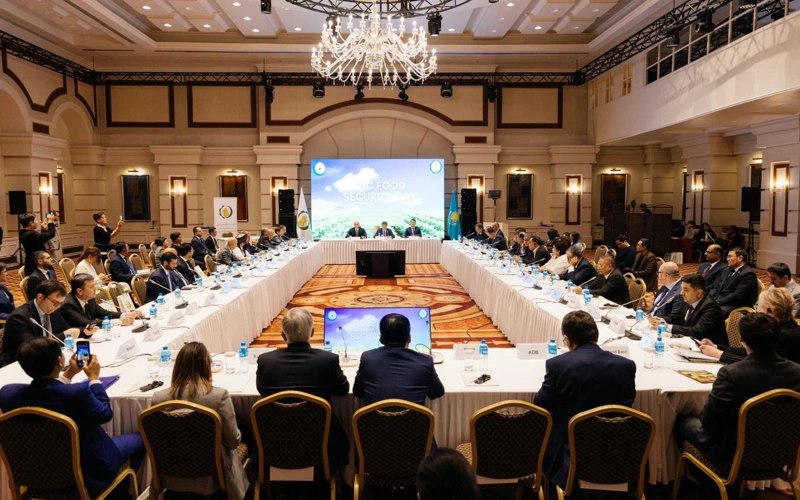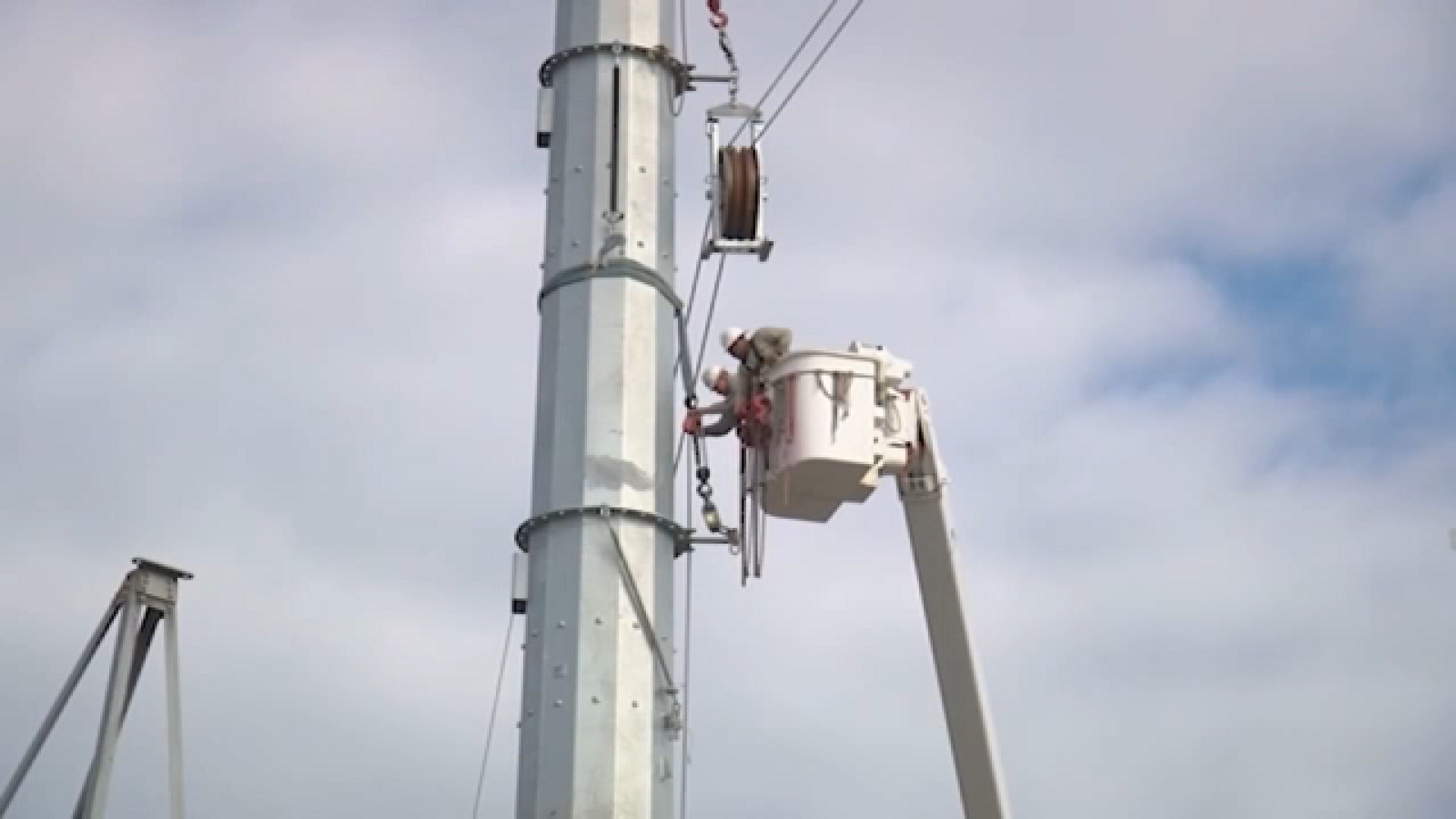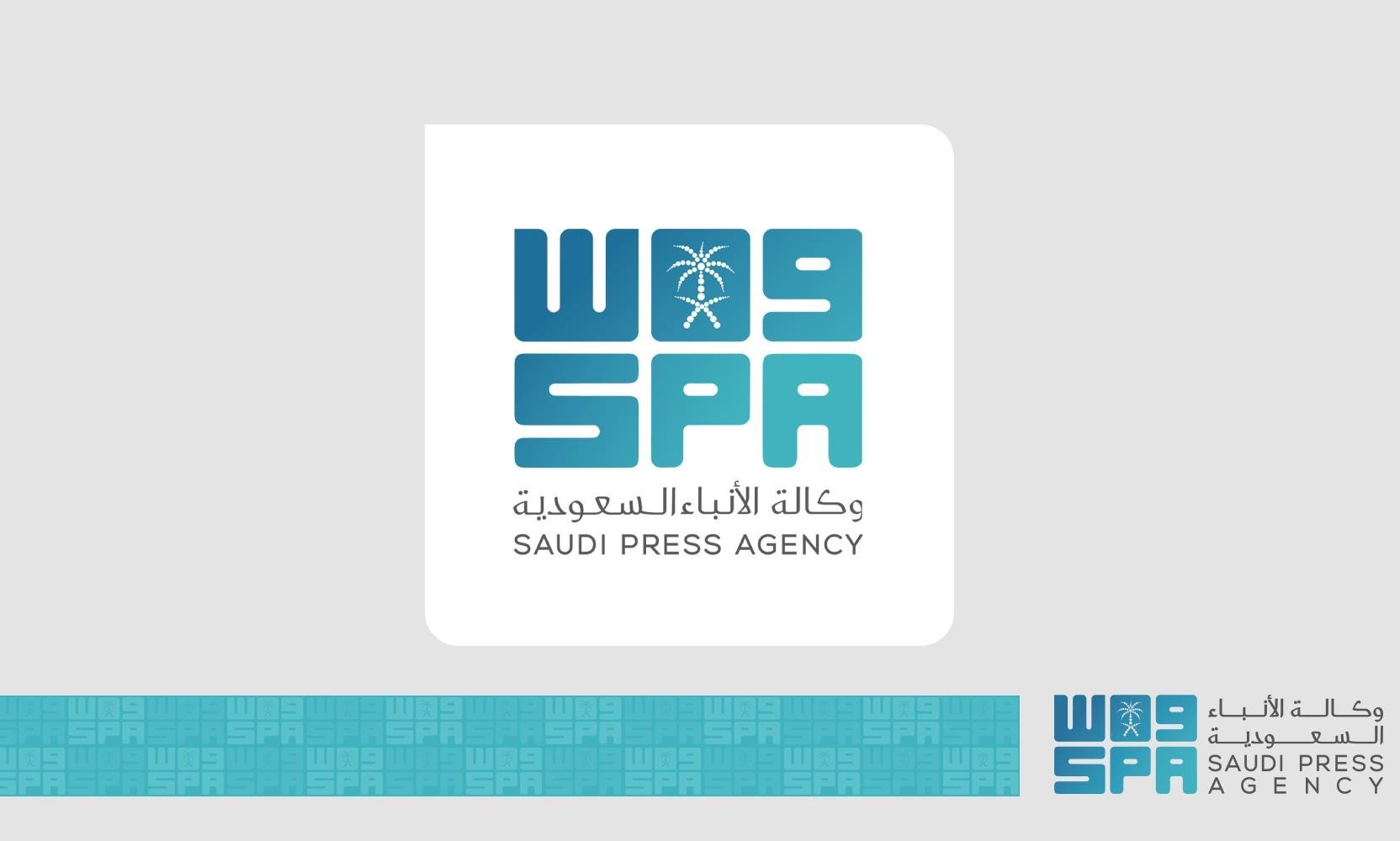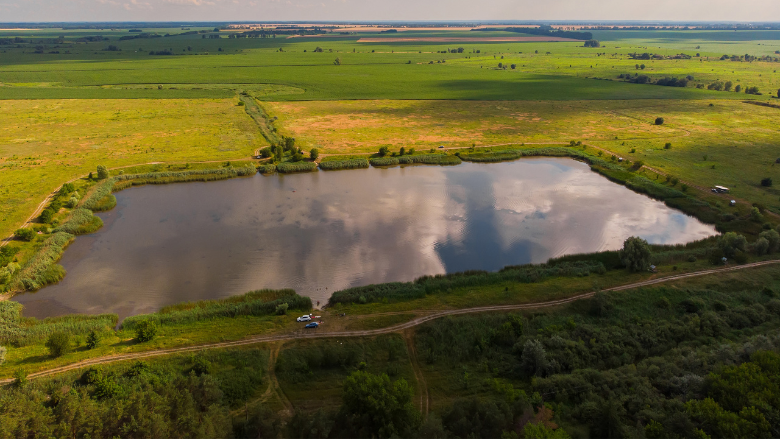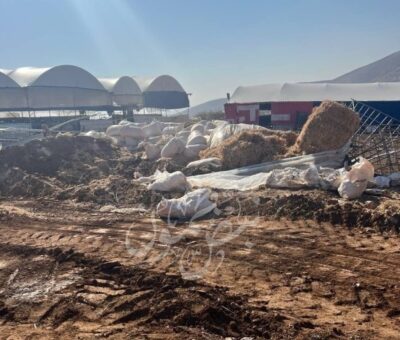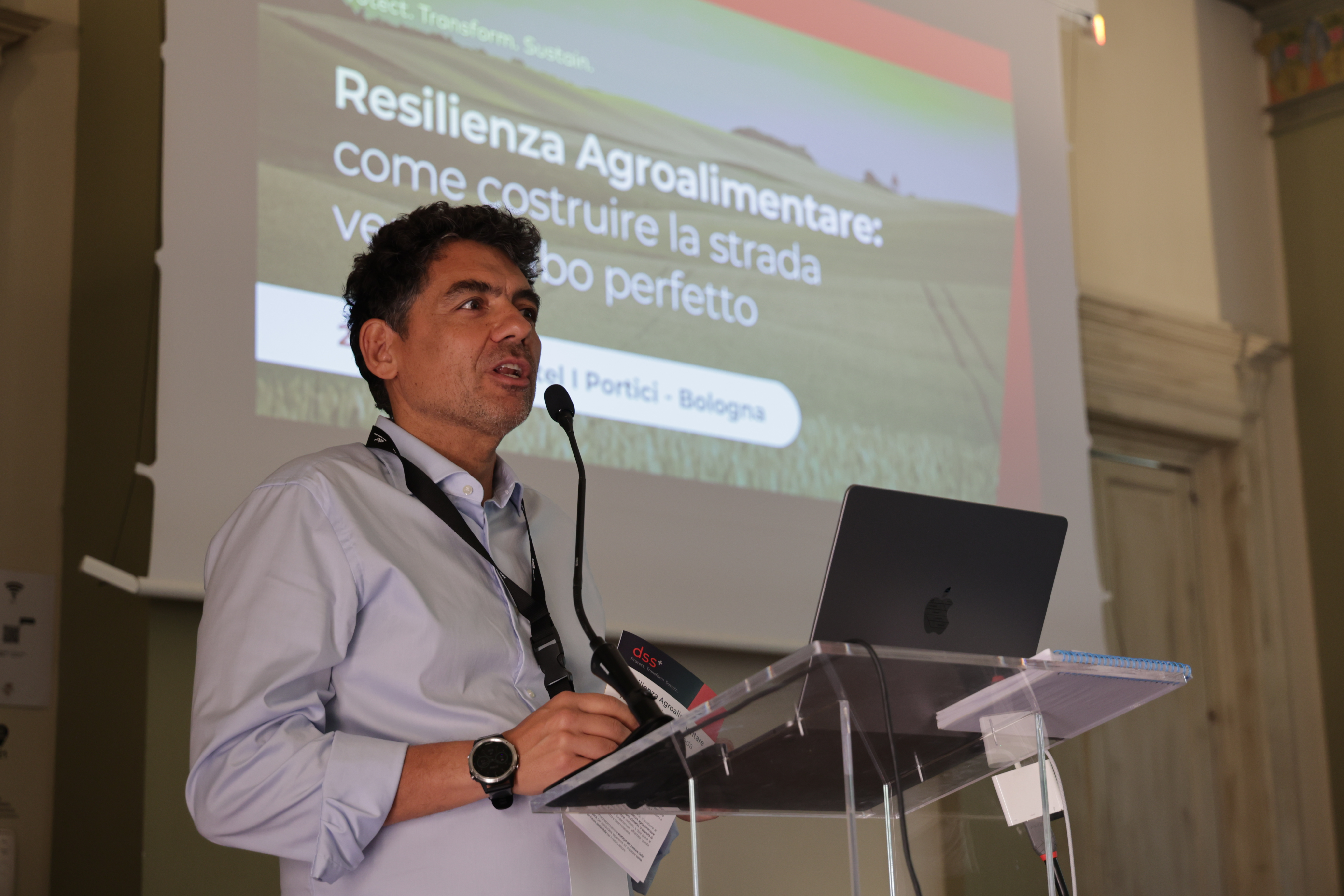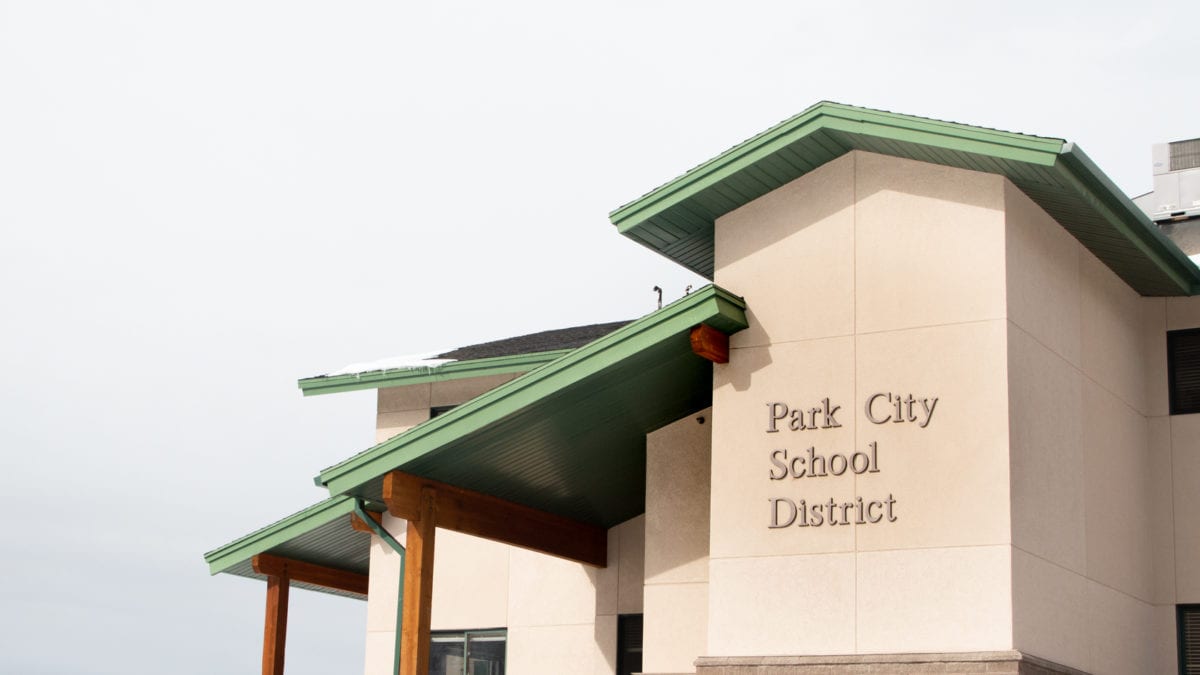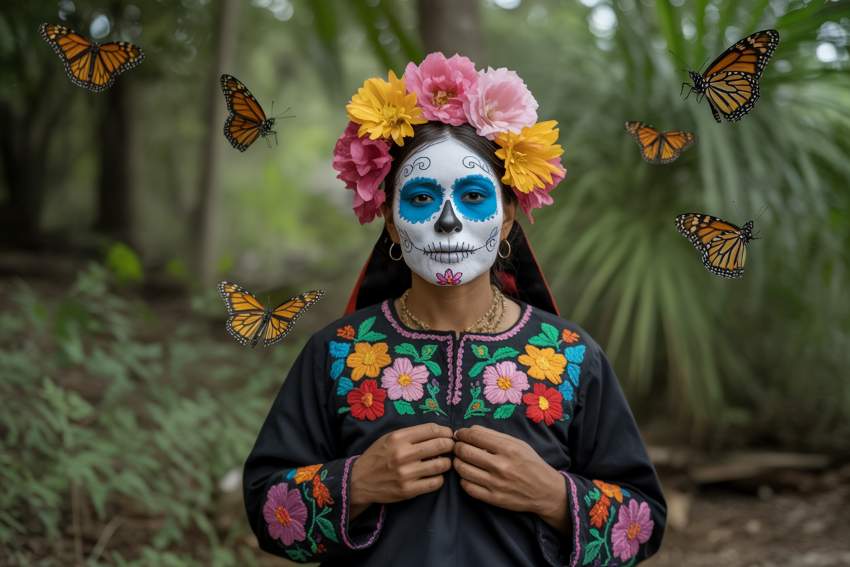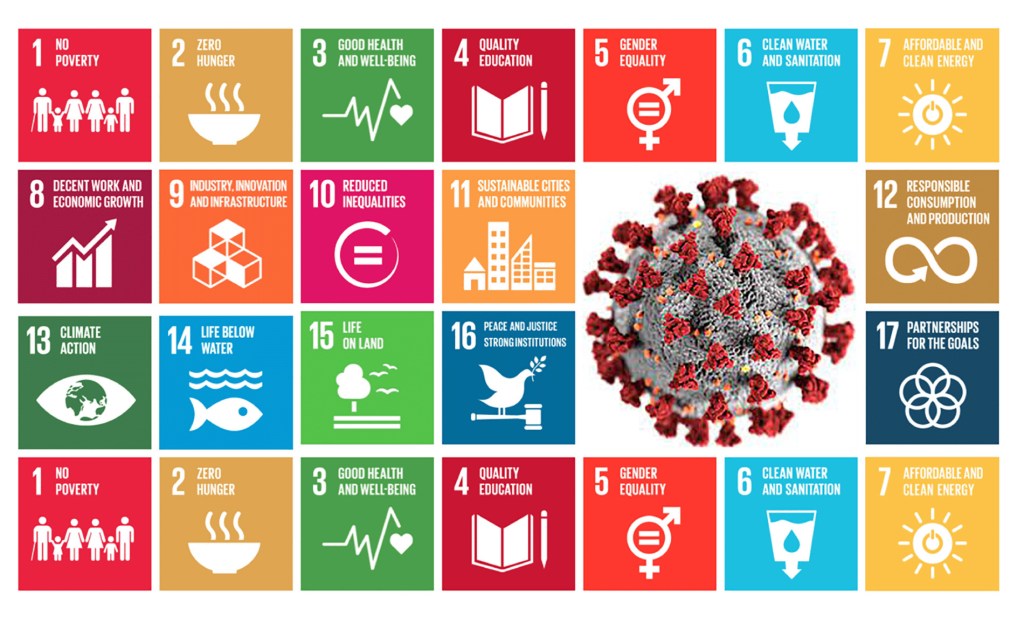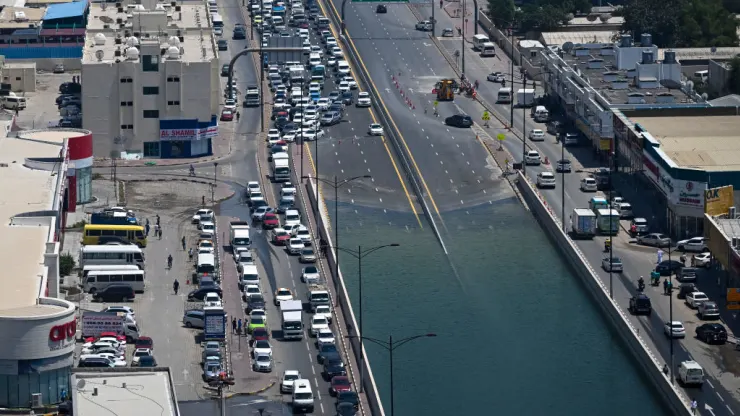World Cup 2026 – what we’re hearing: FIFA alerted to 145 human rights concerns at Club World Cup – The Athletic – The New York Times
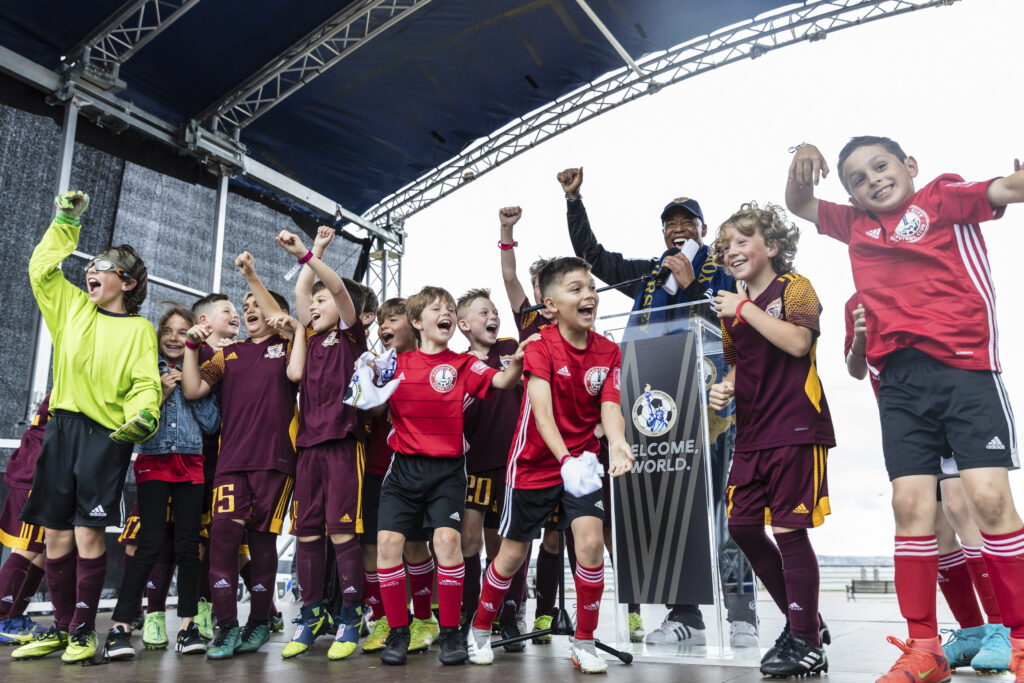
Human Rights and Sustainable Development Performance at the FIFA Club World Cup
Overview of Reported Incidents
A total of 145 reports concerning human rights were received by FIFA during the Club World Cup held in the United States. These reports, submitted via FIFA’s official grievance mechanism, email, and on-site venue teams, stand in contrast to the FIFA President’s public assessment that the tournament occurred without a single incident. The receipt and processing of these reports indicate the implementation of human rights due diligence systems, yet the nature of the complaints highlights significant challenges to achieving multiple Sustainable Development Goals (SDGs).
Challenges to SDG 16: Peace, Justice, and Strong Institutions
A primary area of concern relates to SDG 16, which promotes just, peaceful, and inclusive societies. A significant number of complaints directly addressed institutional policies and the protection of fundamental freedoms.
- Federal Policies and Enforcement: 37 complaints were categorized as relating to U.S. federal policies or their enforcement. This included concerns from attendees regarding the suitability of the U.S. as a host nation and alleged sightings of U.S. Customs and Border Protection (CBP) and U.S. Immigration and Customs Enforcement (ICE) officials at stadiums.
- Freedom of Speech and Religion: Four investigations were opened regarding freedom of speech and alleged excessive use of force. Additionally, three complaints were filed concerning a failure to provide for freedom of religion, citing a lack of available prayer rooms in stadiums.
- Institutional Response: While the Department of Homeland Security (DHS) denied that ICE or CBP conducted enforcement operations, FIFA’s engagement with the White House Task Force on the matter demonstrates an established process for addressing such concerns, a key component of accountable institutions under SDG 16.
Impact on SDG 10: Reduced Inequalities
Numerous reports indicated failures in ensuring equal access and treatment for all attendees, directly challenging the objectives of SDG 10.
- Discrimination and Accessibility: Over 20 complaints were filed concerning discrimination and accessibility issues. These reports are notable given the concurrent reduction in FIFA’s public messaging for anti-racism and inclusion campaigns.
- Harassment and Safeguarding: Investigations were opened into five cases of harassment and just under ten safeguarding issues, underscoring the need for safe and inclusive environments for all participants.
- Homophobic Incidents: A last-16 game was nearly suspended due to repeated homophobic chants, while a separate investigation into an alleged racial abuse incident was closed due to a lack of evidence. These events undermine efforts to reduce inequality and promote inclusion.
Implications for SDG 3 and SDG 11: Health, Well-being, and Sustainable Communities
The second-most frequent category of complaints involved extreme heat, raising questions about FIFA’s commitment to SDG 3 (Good Health and Well-being) and SDG 11 (Sustainable Cities and Communities), particularly regarding event safety.
- Unsafe Conditions: FIFA initiated 25 investigations following reports from fans about unsafe conditions due to extreme heat during midday and afternoon matches.
- Inadequate Infrastructure: Attendees reported long lines for limited water fountains and prohibitively expensive bottled water, compromising public health and safety in a manner inconsistent with the principles of resilient and safe community infrastructure (SDG 11).
Concerns Regarding SDG 8: Decent Work and Economic Growth
A dozen complaints were filed relating to workers’ rights. These reports highlight the necessity for tournament organizers to uphold the principles of SDG 8, which advocates for decent work for all.
Sustainable Development Considerations for the 2026 FIFA World Cup
Institutional Governance and SDG 16
Challenges to institutional integrity, a core target of SDG 16, have emerged in the qualification phase for the 2026 World Cup. The South Africa Football Association (SAFA) is under investigation by FIFA for fielding an ineligible player in a qualifying match. According to FIFA’s disciplinary code, this could result in a forfeited match. This incident underscores the critical importance of strong, transparent, and accountable governance within sporting federations to ensure fair play and adherence to established rules.
Labor Rights and Security Preparations (SDG 8 & SDG 16)
Preparations in U.S. host cities for the 2026 World Cup raise issues related to both SDG 8 (Decent Work) and SDG 16 (Peace, Justice and Strong Institutions). To ensure adequate security, several police departments are implementing policies that impact workers’ rights.
- Vacation Restrictions: Police departments in Kansas City, Dallas, and Santa Clara have announced that officers will not be permitted to take vacation or discretionary leave during the tournament period.
- Impact on Decent Work: These measures, while intended to secure the event (SDG 16), present a challenge to ensuring fair working conditions as promoted by SDG 8.
Economic Accessibility and SDG 10: Reduced Inequalities
The issue of ticket pricing for the 2026 World Cup has become a subject of public debate, directly engaging with the principles of SDG 10 (Reduced Inequalities). A leading candidate in the New York City mayoral race has challenged FIFA’s ticketing strategy, advocating for greater economic inclusion.
Proposals for Equitable Access:
- Reverse Dynamic Pricing: A petition calls on FIFA to abandon its dynamic pricing model, which could see non-hospitality tickets sold for as much as $6,000.
- Cap Resale Platform Prices: To prevent exorbitant costs on the secondary market, the proposal asks FIFA to impose a cap on its official resale platform.
- Ensure Local Access: A further request is for FIFA to reserve 15 percent of tickets for local residents at a discounted rate, promoting accessibility for host communities and reducing economic barriers to participation.
1. SDGs Addressed or Connected
SDG 3: Good Health and Well-being
- The article highlights significant health risks posed to fans and players due to “extreme heat” during the tournament. It mentions “a multitude of players complained about the heat” and fans experienced “conditions deemed unsafe,” leading to 25 investigations by FIFA. This directly connects to ensuring healthy lives and promoting well-being.
SDG 8: Decent Work and Economic Growth
- This goal is addressed through the “dozen complaints relating to workers’ rights” filed during the Club World Cup. Furthermore, the article discusses the working conditions of police officers for the upcoming World Cup, noting that some departments have decided their “officers must not take vacation days during the entirety of the tournament,” which impacts their right to rest and leisure.
SDG 10: Reduced Inequalities
- The article details numerous issues related to inequality. These include “20 or more complaints about accessibility issues and discrimination,” homophobic chants, and an alleged incident of racial abuse. Complaints were also made about a “failure to provide for freedom of religion” due to a lack of prayer rooms. Additionally, the campaign against high ticket prices and the call to reserve “15 per cent of tickets aside for local residents at a discounted rate” aim to reduce economic inequality in accessing the event.
SDG 11: Sustainable Cities and Communities
- This SDG is relevant through the discussion of making host cities and venues safe, inclusive, and accessible. The “complaints about accessibility issues” in stadiums directly relate to this. The concerns about extreme heat and inadequate water facilities (“long lines formed at some venues for a small number of water fountains”) touch upon the safety and sustainability of public spaces during major events. The debate over ticket pricing also connects to ensuring cultural events are inclusive for local communities.
SDG 13: Climate Action
- The article connects to climate action through the repeated issue of “extreme heat.” This is presented as a major controversy and safety concern, with one game being “so hot that Borussia Dortmund’s substitutes watched the game indoors.” This highlights the challenge of adapting major sporting events to the impacts of climate change, such as more frequent and intense heatwaves.
SDG 16: Peace, Justice and Strong Institutions
- This goal is central to the article. FIFA’s “grievance mechanism portal” is an institution designed to provide access to justice for stakeholders. The 145 reports filed demonstrate its use. The article also touches on issues of justice and fundamental freedoms, with complaints related to “federal policies or enforcement,” “freedom of speech,” “alleged excessive use of force,” and freedom of religion. The discrepancy between the FIFA president’s claim of “one single incident” and the 145 reports raises questions about the transparency and accountability of governing institutions.
2. Specific Targets Identified
SDG 3: Good Health and Well-being
- Target 3.d: Strengthen the capacity of all countries, in particular developing countries, for early warning, risk reduction and management of national and global health risks.
- The article shows a failure in managing the health risks associated with extreme heat. The fact that FIFA “opened 25 investigations following reports about conditions deemed unsafe by fans due to the heat” indicates that the initial risk management was insufficient.
SDG 8: Decent Work and Economic Growth
- Target 8.8: Protect labour rights and promote safe and secure working environments for all workers, including migrant workers, in particular women migrants, and those in precarious employment.
- This target is directly relevant to the “dozen complaints relating to workers’ rights” that FIFA investigated. It also applies to the situation of police officers who were told “no discretionary leave will be approved” during the World Cup, which impacts their labor rights concerning rest periods.
SDG 10: Reduced Inequalities
- Target 10.2: By 2030, empower and promote the social, economic and political inclusion of all, irrespective of age, sex, disability, race, ethnicity, origin, religion or economic or other status.
- The complaints about “accessibility issues,” “discrimination,” and lack of “prayer rooms” point to failures in ensuring inclusion for people with disabilities and different religious groups. The campaign for discounted tickets for local residents is a direct attempt to promote economic inclusion.
- Target 10.3: Ensure equal opportunity and reduce inequalities of outcome, including by eliminating discriminatory laws, policies and practices and promoting appropriate legislation, policies and action in this regard.
- The reports of “homophobic chants” and alleged “racial abuse” are clear examples of discriminatory practices that undermine equal opportunity. FIFA’s decision to “reduce messaging around its racism, discrimination and inclusion campaigns” is a policy action that campaigners questioned, suggesting it could weaken efforts to ensure equal opportunity.
SDG 11: Sustainable Cities and Communities
- Target 11.7: By 2030, provide universal access to safe, inclusive and accessible, green and public spaces, in particular for women and children, older persons and persons with disabilities.
- The “20 or more complaints about accessibility issues” directly address the need for accessible public spaces like stadiums. The concerns about safety due to extreme heat and insufficient water access also relate to ensuring the safety of these public venues during the tournament.
SDG 13: Climate Action
- Target 13.1: Strengthen resilience and adaptive capacity to climate-related hazards and natural disasters in all countries.
- The article implies a lack of adaptive capacity to the climate-related hazard of extreme heat. The numerous complaints and player struggles show that the event’s organization was not resilient enough to handle the heatwave, a pattern the article notes “seems likely to repeat itself at the World Cup next summer.”
SDG 16: Peace, Justice and Strong Institutions
- Target 16.3: Promote the rule of law at the national and international levels and ensure equal access to justice for all.
- FIFA’s “grievance mechanism” is presented as a tool for access to justice, allowing supporters to report concerns. The article states that 145 reports were raised, showing that people are using this mechanism to seek redress.
- Target 16.6: Develop effective, accountable and transparent institutions at all levels.
- This target is highlighted by the contrast between the FIFA president’s public statement that the tournament passed “without one single incident” and the fact that “145 reports were raised with FIFA.” This discrepancy points to a potential lack of transparency and accountability within the institution.
- Target 16.10: Ensure public access to information and protect fundamental freedoms, in accordance with national legislation and international agreements.
- The “four investigations in the freedom of speech category” and “three complaints… about an alleged failure to provide for freedom of religion” directly relate to the protection of fundamental freedoms at the event.
3. Indicators Mentioned or Implied
Quantitative Indicators
- Number of human rights reports received: 145
- Number of complaints related to federal policies: 37
- Number of investigations into unsafe heat conditions: 25
- Number of complaints about accessibility and discrimination: 20 or more
- Number of complaints relating to workers’ rights: A dozen (12)
- Number of safeguarding issues reported: Just under 10
- Number of investigations into harassment: 5
- Number of investigations into freedom of speech: 4
- Number of investigations into excessive use of force: 4
- Number of complaints about freedom of religion: 3
- Percentage of tickets proposed for local residents: 15%
Qualitative Indicators
- Existence of a human rights grievance mechanism: The article confirms FIFA has a portal, email, and on-site reporting system.
- Implementation of policies restricting worker leave: The article describes policies by police departments in Kansas City and Dallas to cancel vacation time.
- Presence of discriminatory behavior: The article mentions reports of “homophobic chants” and an alleged incident of “racial abuse.”
- Institutional response to complaints: The article notes that FIFA opened investigations into various reports, but also highlights the discrepancy between the number of reports and the president’s public statements.
- Policy on anti-discrimination messaging: The article mentions FIFA’s decision to “reduce messaging around its racism, discrimination and inclusion campaigns.”
4. Summary Table: SDGs, Targets, and Indicators
| SDGs | Targets | Indicators Identified in the Article |
|---|---|---|
| SDG 3: Good Health and Well-being | 3.d: Strengthen capacity for early warning and management of health risks. | Number of investigations into unsafe heat conditions (25). |
| SDG 8: Decent Work and Economic Growth | 8.8: Protect labour rights and promote safe and secure working environments. | Number of complaints relating to workers’ rights (12); Policies restricting police vacation time. |
| SDG 10: Reduced Inequalities | 10.2: Promote social, economic, and political inclusion of all. | Number of complaints on accessibility and discrimination (20+); Number of complaints on freedom of religion (3); Proposal for 15% of tickets for local residents. |
| 10.3: Ensure equal opportunity and reduce inequalities of outcome. | Reports of homophobic chants and racial abuse; Policy change on anti-discrimination messaging. | |
| SDG 11: Sustainable Cities and Communities | 11.7: Provide universal access to safe, inclusive and accessible public spaces. | Number of complaints about accessibility issues (part of the 20+); Reports of unsafe conditions due to heat and lack of water. |
| SDG 13: Climate Action | 13.1: Strengthen resilience and adaptive capacity to climate-related hazards. | Reports of players and fans suffering from extreme heat, indicating a lack of adaptive capacity. |
| SDG 16: Peace, Justice and Strong Institutions | 16.3: Ensure equal access to justice for all. | Existence and use of a human rights grievance mechanism (145 reports filed). |
| 16.6: Develop effective, accountable and transparent institutions. | Discrepancy between the official statement of “no single incident” and the 145 reports received. | |
| 16.10: Ensure public access to information and protect fundamental freedoms. | Number of investigations into freedom of speech (4); Number of complaints about freedom of religion (3). |
Source: nytimes.com

What is Your Reaction?
 Like
0
Like
0
 Dislike
0
Dislike
0
 Love
0
Love
0
 Funny
0
Funny
0
 Angry
0
Angry
0
 Sad
0
Sad
0
 Wow
0
Wow
0




